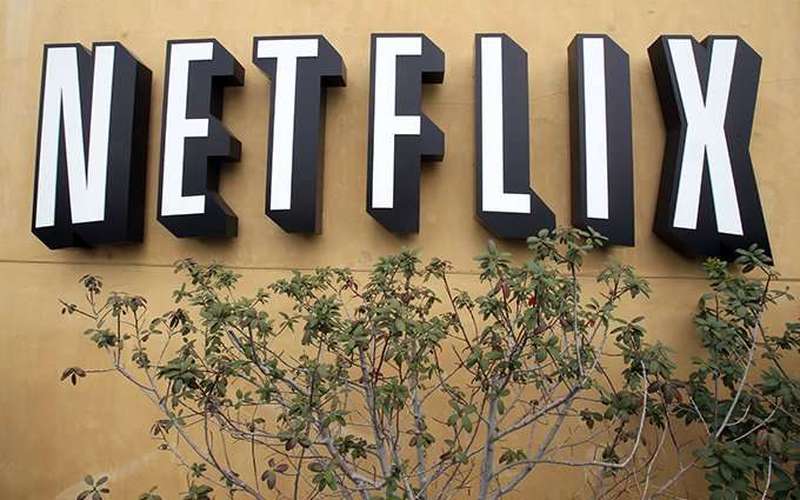As of the first quarter of 2017, Netflix has just shy of 99 million subscribers.
It added 5 million subscriber's in this year's first quarter making it the leading streaming service.
The company is currently leading the charge over competitors such as Hulu and Amazon Prime Instant Video.
The company does not offer advertising space to marketers, nor does it offer differently priced tiers of content to subscribers.
Securing licensing agreements with TV networks, filmmakers, and other content owners is arguably the greatest expense for Netflix.
The full series of "Lost" cost the company $45 million, "Scrubs" came in at $26 million and "Desperate Housewives" totaled $12 million for a single year.
It compares this metric to similar content arrangements, and it bases final pricing on exclusivity and the time frame of the contract. »










![image for Pure Blue Glacier Ice Floating by our boat above Ketchikan [OC] [3384x3989]](a5900828-8b92-55c3-ba1b-552c44b47a7b_thumb.jpg)


![image for Grew strawberries, had eggs from our chickens, so we made this; Strawberry and Lemon Tiramisu [OC] [1600x2400]](8265906f-caf2-54db-8073-d7f6d2a4443f_thumb.jpg)


